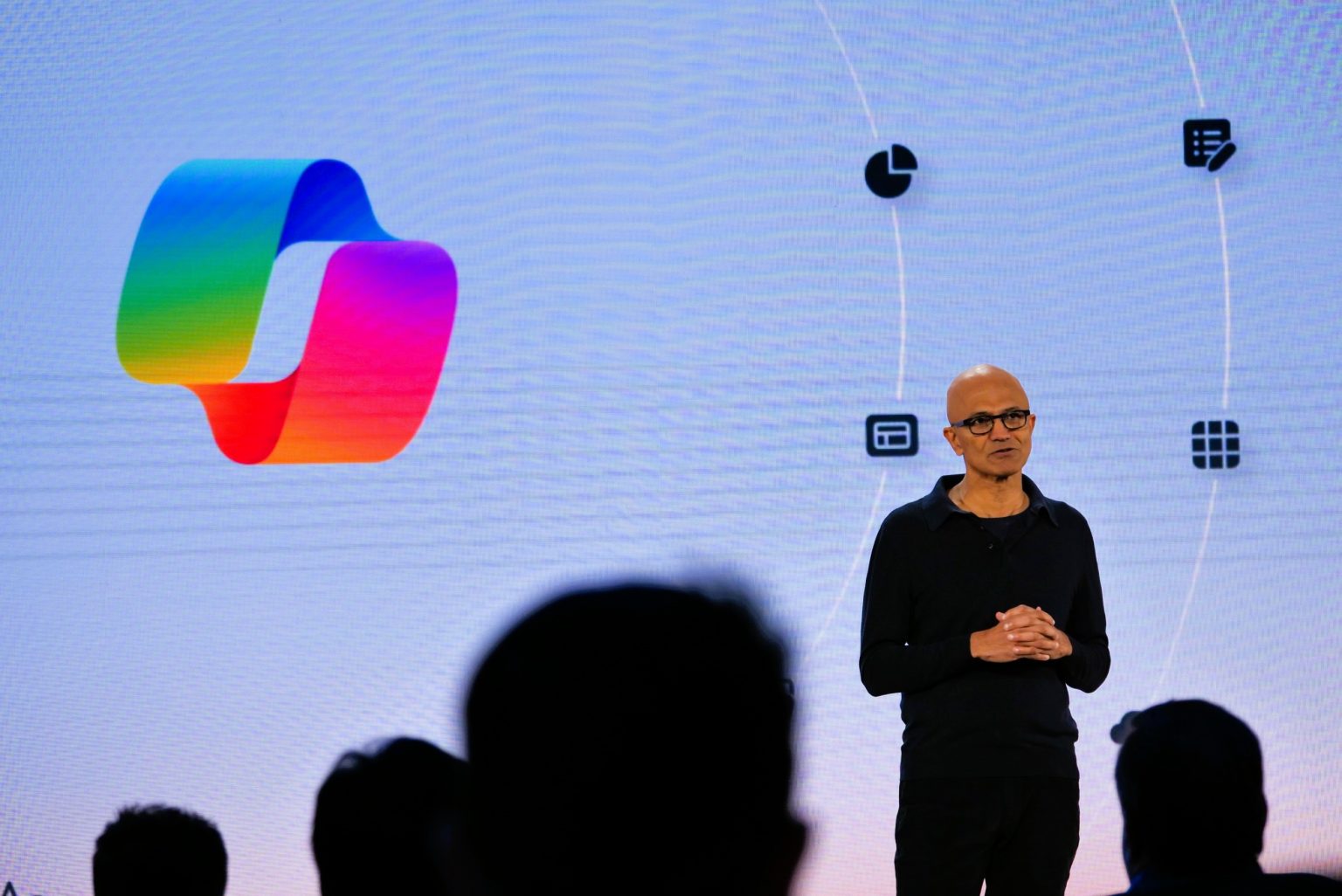Microsoft is celebrating its 50th anniversary in 2025, and some of its biggest milestones, missteps, and turning points are being revisited as part of the GeekWire project. AI has played a significant role in the company’s journey, starting with a research paper by Sebastien Bubeck and Mark Sellke that demonstrated the importance of scaling AI models. This research led to a major investment in AI infrastructure by Microsoft, facilitating the training and deployment of massive AI models that have contributed to significant breakthroughs in the field.
AI has always been a part of Microsoft’s DNA, dating back to the co-founders’ early visions of a future with intelligent machines. Over the years, Microsoft has made advancements in speech recognition, computer vision, and machine learning, integrating AI into products like Outlook, Word, and Windows. More recently, AI has become a major driver of growth for the company, with products like GitHub Copilot driving significant revenue increases in areas like cloud services.
While Microsoft has been an early player in AI, competition in the field is intensifying, with well-funded startups and tech giants like Google, Amazon, and Salesforce making significant advancements. Microsoft has also been proactive in addressing AI safety issues, forming ethics committees and prioritizing privacy and security concerns in the development of AI features like Recall. Additionally, the energy consumption of AI models presents challenges for the company in achieving its sustainability goals.
Despite these challenges, Microsoft remains committed to AI, with record investments in AI and cloud infrastructure. The company’s success or failure in AI is seen as crucial to its future, similar to the impact of PCs and the cloud in its earlier years. AI is viewed as a utility belt for human cognition, empowering people and organizations to achieve more and driving the company’s mission to advance technology for the benefit of society.
Microsoft’s journey in AI has been marked by key milestones, such as the development of neural networks for speech recognition and the collaboration with OpenAI to build advanced AI models. The company’s decision to invest heavily in OpenAI, despite internal competition and challenges, has been seen as a strategic move to advance AI research and create value for users. As AI becomes more ingrained in technology research and product development, Microsoft is focusing on leveraging AI advances to create breakthroughs and drive innovation in the field.
Looking ahead, the future of AI at Microsoft holds immense potential as the company continues to invest in research, infrastructure, and partnerships to advance the field. By focusing on areas that were once deemed impossible and transitioning them to merely difficult, Microsoft is poised to drive further advancements in AI research and applications. The journey of Microsoft’s founding duo and their vision for the future of the company further underscores the pivotal role that AI will play in shaping Microsoft’s next 50 years.












